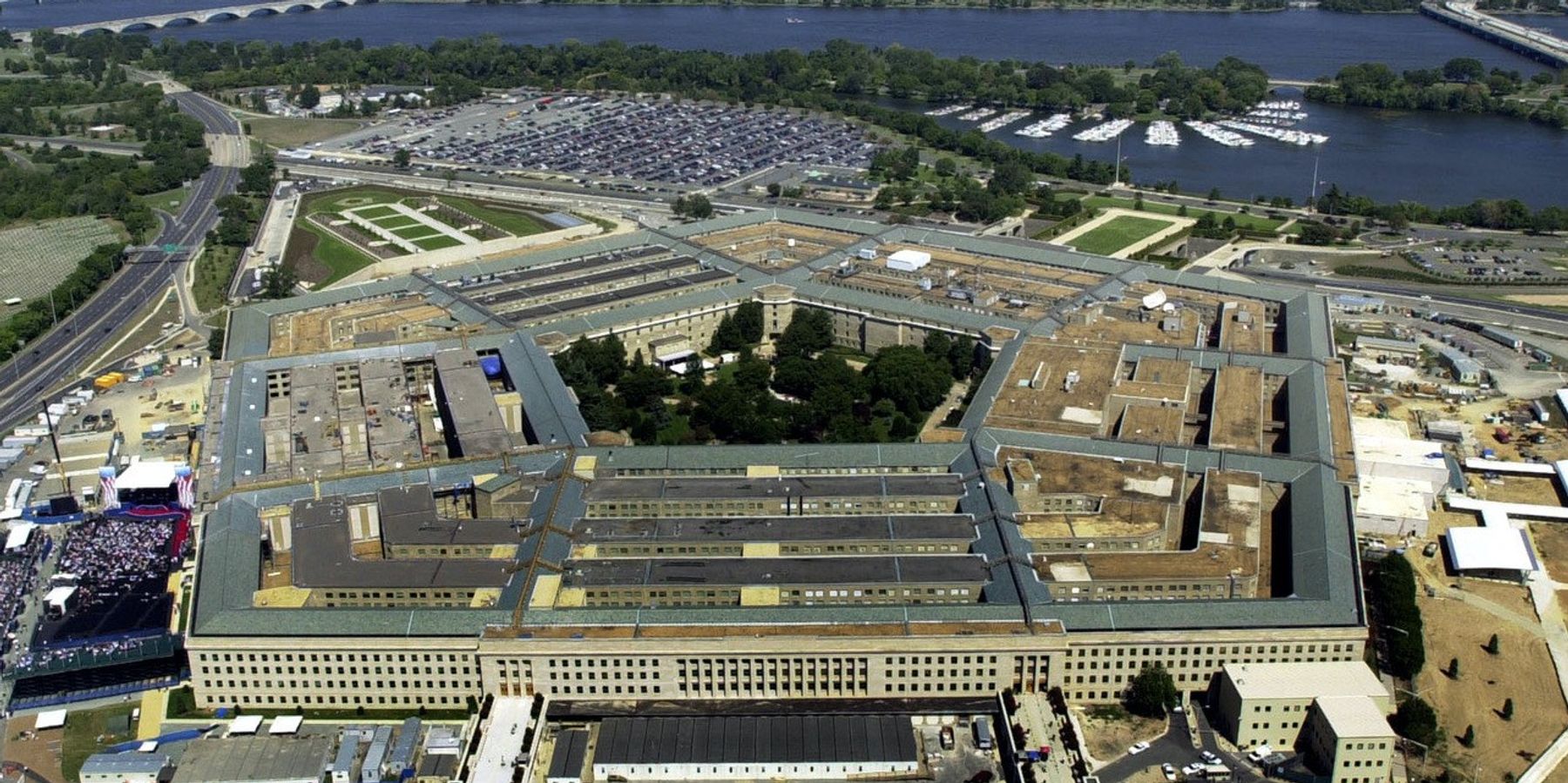The Pentagon got a real boost — $6 billion in fact — in the House Continuing Resolution for the Fiscal Year passed last night to avoid a government shutdown on Friday.
While slashing non-defense spending across federal departments by $13 billion the CR pads the Fiscal Year 2024 defense budget, totaling $892.5 billion. If passed, the CR would fund federal agencies through September.
Passing with a vote of 217-213 mostly along party lines — only one Republican, Rep. Thomas Massie (R-Ky.) broke ranks to vote against it — the CR now proceeds to the Senate, which needs to pass something by 11:59 p.m. Friday to avoid a government shutdown. Although Republicans will need bipartisan support for the CR to pass there, Senate Democrats, weary of the political costs of a shutdown, seem increasingly likely to comply.
Part of the House CR’s defense boost would go toward increased pay for troops. But the CR would also bolster the Pentagon’s flexibility to make new weapons purchases, even though such a measure would not typically be included in a continuing resolution.
And, while the CR sets aside previously requested funds for two Arleigh Burke class destroyers, it also fronts $1.5 billion toward a third one to be built — even though the Navy has not requested funds for another one.
Some lawmakers are frustrated by the choice to ram through additional defense spending at a critical political moment, when politicians are weighing the CR’s budget cuts with the political risks of a government shutdown.
“We know that there is a $6 billion in defense spending increase [in the CR]. That is not something the majority of Democrats, including myself, are in support of,” Rep. Ilhan Omar (D-Minn.) said, expressing her opposition to the CR on CNN. “Especially when they are making $13 billion in cuts to programs that people care about.”
“I’d like verification that in the future that we’re going to reduce the spending at the Pentagon,” Tim Burchett (R-Tenn.) said, explaining his weariness towards the CR on Monday. “There's savings in [the CR] and they're making cuts in different departments, but the Pentagon always gets (more money),” he told CNN. Typically against CRs, Burchett ultimately voted for the bill.
U.S. Senator Mitch McConnell (R-Ky.) has called to increase military spending, invoking the China threat to warn against a CR-sparked return to last year’s defense spending levels.
“Spending the entire year under the FY2024 funding level will mean no money or authorization for 168 new programs — many of which are required to outcompete China in space and cyberspace,” he wrote in the Washington Post. “In the race to project power and deter aggression across the Indo-Pacific, it would put U.S. forces and our regional allies even further behind.”















